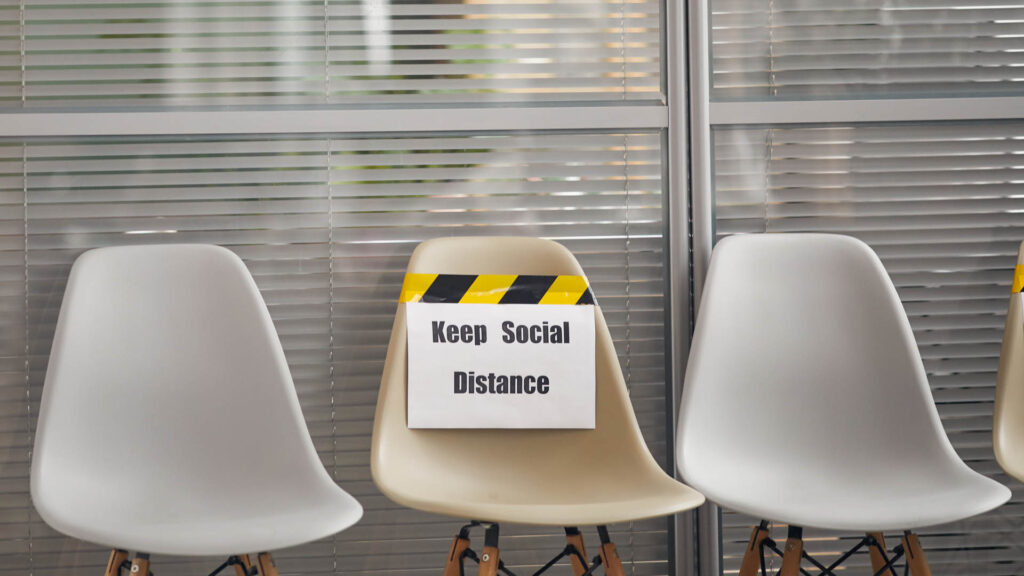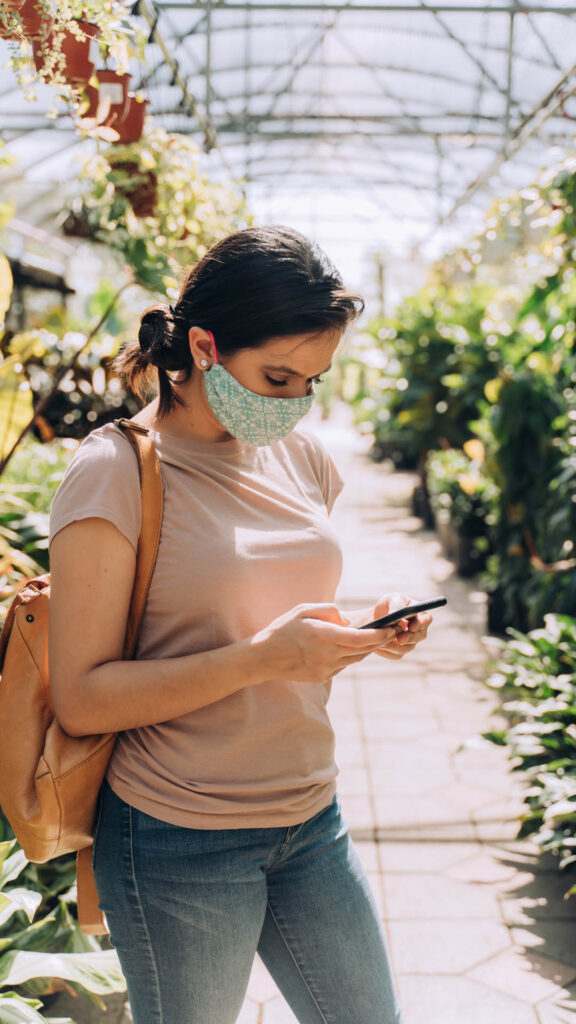Cheshire East Council recently gave advice to their residents to help them through difficult times as now.
Due to dark nights, strenuous and bad weather, this winter lockdown is set to a toll on our mental health. Many people will likely feel burned out and very exhausted because of the ongoing lockdown.

Director of Public Health for Cheshire East Council, Dr Matt Tyrer, noted: “Winter season us a time of the year where many people show symptoms of seasonal affective disorder (SAD) – a kind of depression associated with certain periods of the year. The common symptoms of SAD include constant low mood, hopelessness, worthlessness, and lethargy.
“This winter season is being strengthened by the presence of covid19 pandemic lockdown making the experience of SAD profound for many people. In fact, many people who haven’t experienced winter depression before will likely have their major experience during this period. “
“We have been taught this year by the pandemic that our mental health is paramount. Many have also learned to reach out to others who have been impacted by the pandemic – like loss of loved ones, jobs, financial downturn, isolation and loneliness.”
“It is time we kept speaking to others and seek support from specialists when we need to. There are many support groups and establishments which are running and more will still open throughout the phase of the lockdown.”
A member of the cabinet for public health and corporate services of the Cheshire East Council, Cllr Jill Rhodes emphasized: “the time is now, more than ever, where we must cooperate as a community to take care of ourselves and each other.”
Two mental champions, Councilors Sally Handley and Jonathan Parry, were appointed in April 2020 by the Cheshire East Council to help people struggling with anxiety and other mental distress during this critical time.
According to Cllr Sally Handley, it is obvious that when the previous lockdown was eased, many residents were having fun with their friends and everything was returning to normal. We were all getting to be adjusted to the new norm when a reversal of the relaxation occurred leading to a second lockdown. And with the new lockdown in place, it is important that we adhere to the rules we had observed earlier this year.
Councillor Jonathan Parry noted that for the next four weeks, people must stay indoors, avoid contact with people who are not from the support bubble, and work remotely if possible.
“It is necessary that we care for our mental health, check on our relatives, friends and significant others who may need our help during uncertain times like this.”


Tips to protect and support our mental and emotional wellbeing include:
Create a routine for yourself
Setting short term goals will do a lot to help you attend to many things during the day. These short term goals are the routines for daily activities. Have regular calls and video chats with family members, friends. Also, if you’re working remotely, schedule quality break times to allow you stretch and walk around.
Have time for leisure and exercises
Develop interest in taking a walk to warm up. Head outside for winter walk, find out about online exercises like yoga, set up reading lists which will challenge you to read, itemize movies you can watch for movie nights. You can also learn a new skill you’ve been wanting to learn or that you find interesting (e.g., baking).
Monitor your sleep cycle.
Sleep is very important to our mental health. So, it is necessary that you monitor the number of hours you spend sleeping and adjust if you need to. Practice a good sleeping habit before going to bed as this will help you relax well. Such as habits like having a shower or warm milky drink.
Monitor your food intake
Dark winter nights require comfort food yet, overdoing will negatively impair one’s mental health. Overindulging in comforting foods can make you feel sluggish which is not good for your overall health in the long run. Go for quality balanced diet foods that are immune boosting and have a lot of energy such as fruits, vegetables, as well as foods rich in vitamins.
Call for help as soon as possible
You might be stranded or in need of basic things like food, medicine, and finances for shopping. Seeking help is a smart thing to do. Don’t bottle thoughts about your needs as doing so will only impair your mental health. So, avoid worrying over them; instead, seek help for support.
Young people and children have resumed nursery, high school, and college. For some, lockdown will be hard. Thus, if any child or young person is experiencing any symptoms of mental distress or feeling low, they should endeavour to talk to their parents, teachers, or support worker. More so, there are a lot of ways the Council can support everyone over the next one month.